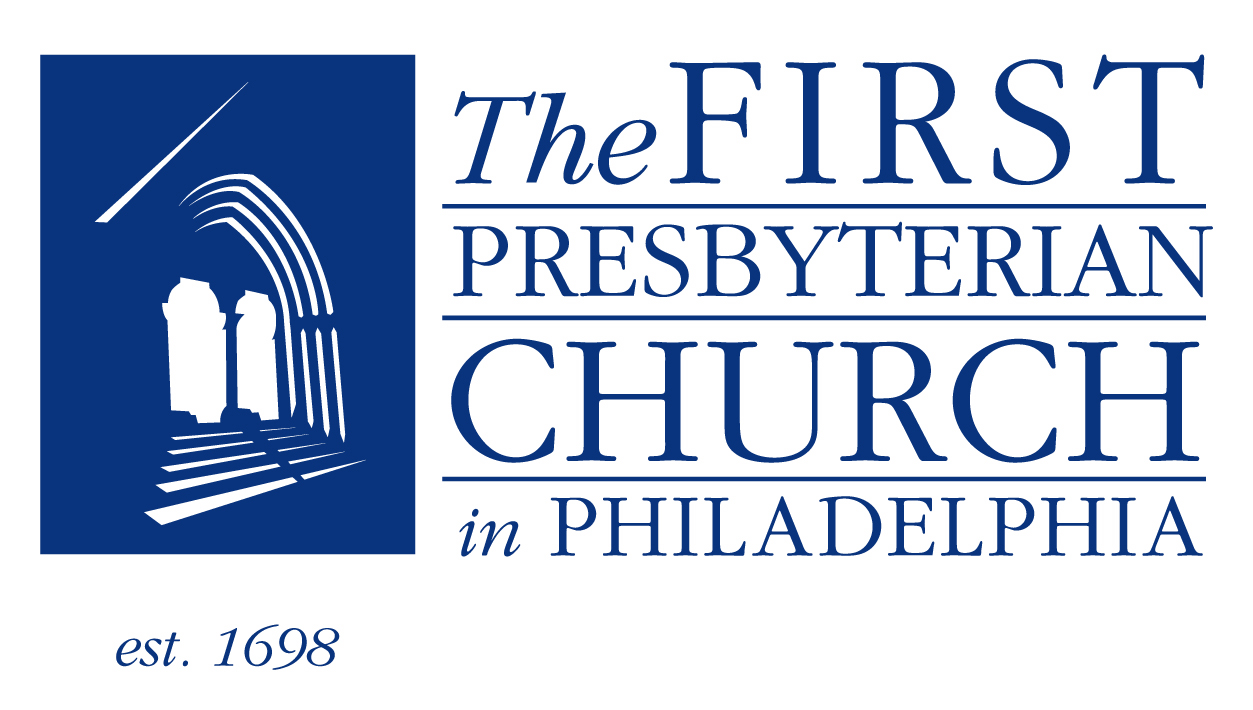Please join us at noon on the next two Wednesdays (October 21 and 28) for a brief history of the Barmen Declaration and discussion on its relevance today. The Theological Declaration of Barmen is in our Book of Confessions, one of only three additions to the book made in the 20th century.
The declaration, a call to resistance against the theological claims of the Nazi state, was adopted in an emergency assembly of German Protestant churches in 1934. The churches were alarmed by the encroachment of the Nazi state into their freedoms and autonomy. The Nazis pressed to create a single Reich Church under a single government, and required loyalty oaths from the ministers to the new regime and to Hitler personally. The traditional boundary between Church and State was to be abolished. In six brief articles, the Barmen Declaration boldly asserted the freedom of the churches to order and govern themselves, and rejected any arguments that they needed another Leader besides Jesus Christ. Among those who attended the assembly was theologian Karl Barth, who is considered to be the primary author of these articles.
In these two sessions, Ken Ross will outline the religious and political crisis Hitler forced upon the German churches and detail the contents of the Barmen Declaration. We will then consider the relevance of the Barmen Declaration today.
Please access The Barmen Declaration for use during the presentation.
October 21 "Then: The Politics of Religion."
October 28: "Now: The Religion of Politics."
This is a zoom presentation; registration is required.
